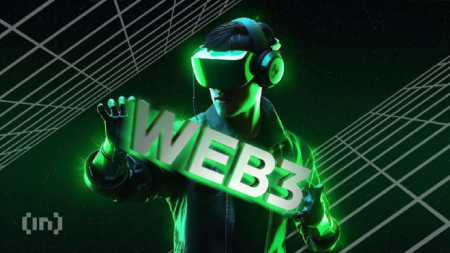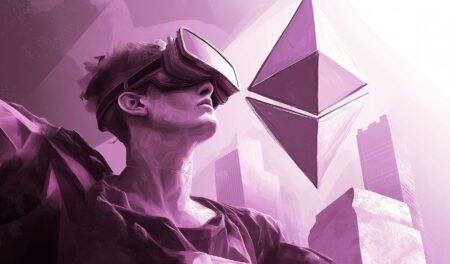In recent years, the concept of the enterprise metaverse has been gaining traction among business leaders. Initially, the metaverse was primarily associated with consumer experiences, but as technologies have advanced, companies are starting to explore the potential of the metaverse for various business applications. The enterprise metaverse encompasses a range of technologies, from extended reality to AI and IoT, to help companies achieve their goals. Leading vendors in the metaverse as a service space are providing tools to help enterprises build metaverse assets for specialized use cases.
The rise of the enterprise metaverse is evident in the increasing number of organizations experimenting with technologies that power the metaverse, such as extended reality, digital twins, AI, and blockchain. Pioneering companies are using digital twins to enhance engineering and product development processes. The industrial metaverse, a subset of the enterprise metaverse, offers opportunities for risk management, predictive maintenance, and remote monitoring. Extended reality enables engineers to interact with customers and share product demonstrations, facilitating faster innovation cycles and enhancing product testing strategies.
The enterprise metaverse presents numerous opportunities for businesses, including immersive global customer engagement. By creating interactive and immersive experiences, companies can connect with customers globally and offer unique purchasing experiences. Marketing and sales initiatives in the enterprise metaverse are transforming, allowing companies to create virtual marketing events, personalized advertising, and lifelike avatars for customer interactions. The metaverse also opens new revenue streams by enabling the sale of digital assets alongside physical products.
Employee onboarding and training are critical in a rapidly evolving technological landscape. The metaverse and extended reality technology offer new possibilities for immersive training experiences that enhance employee engagement and knowledge retention. Collaborative learning opportunities and gamified experiences are emerging in the educational metaverse. Immersive collaboration in the enterprise metaverse allows teams to work together in virtual environments, improving productivity and reducing overhead costs associated with physical office spaces.
The enterprise metaverse is poised to revolutionize the way companies host events and conferences. Hybrid events in virtual environments offer interactive experiences that combine the best of in-person and online events. With NFT-powered ticketing and registration tools, customizable avatars, and global networking solutions, companies can create truly immersive virtual events. The future of the enterprise metaverse is promising, with organizations investing in scalable platforms, advanced headsets, and innovative strategies for training, collaboration, customer engagement, marketing, and event management.
Despite the opportunities presented by the enterprise metaverse, challenges related to governance and data security must be addressed. Each business investing in the metaverse will need a unique strategy to identify use cases, work with leading providers, and mitigate threats. While the adoption of the metaverse may pose challenges, its transformative potential for businesses is significant. By embracing the opportunities offered by the enterprise metaverse, companies can enhance collaboration, customer service, marketing, and employee training, leading to increased productivity and growth.



















